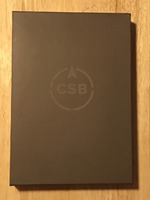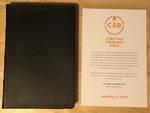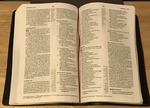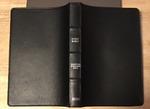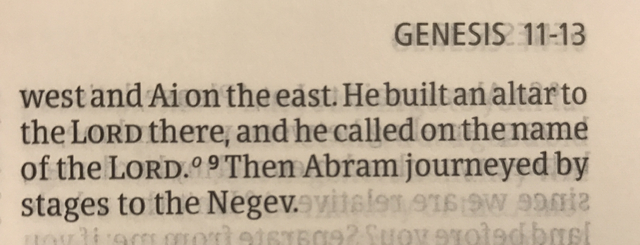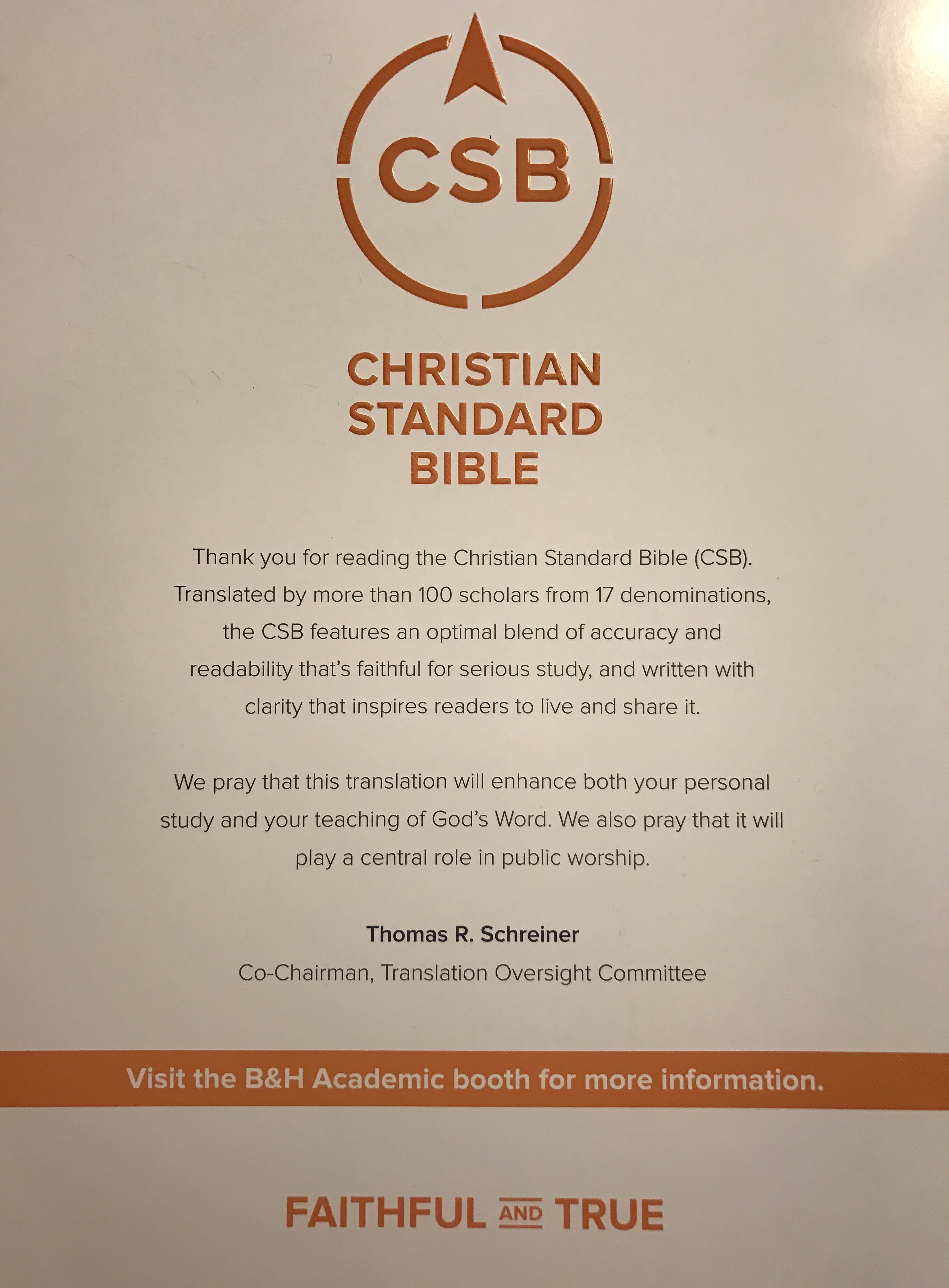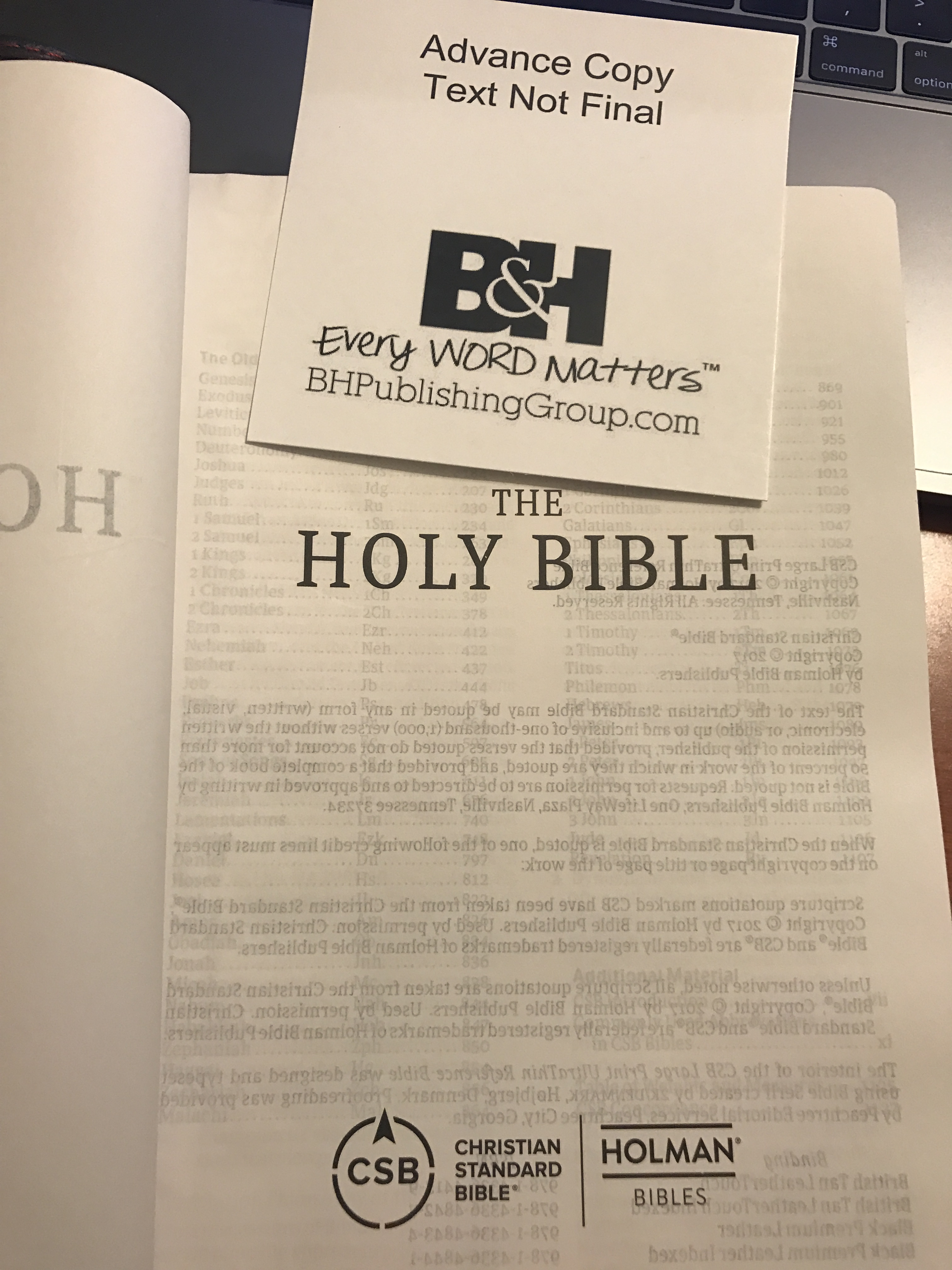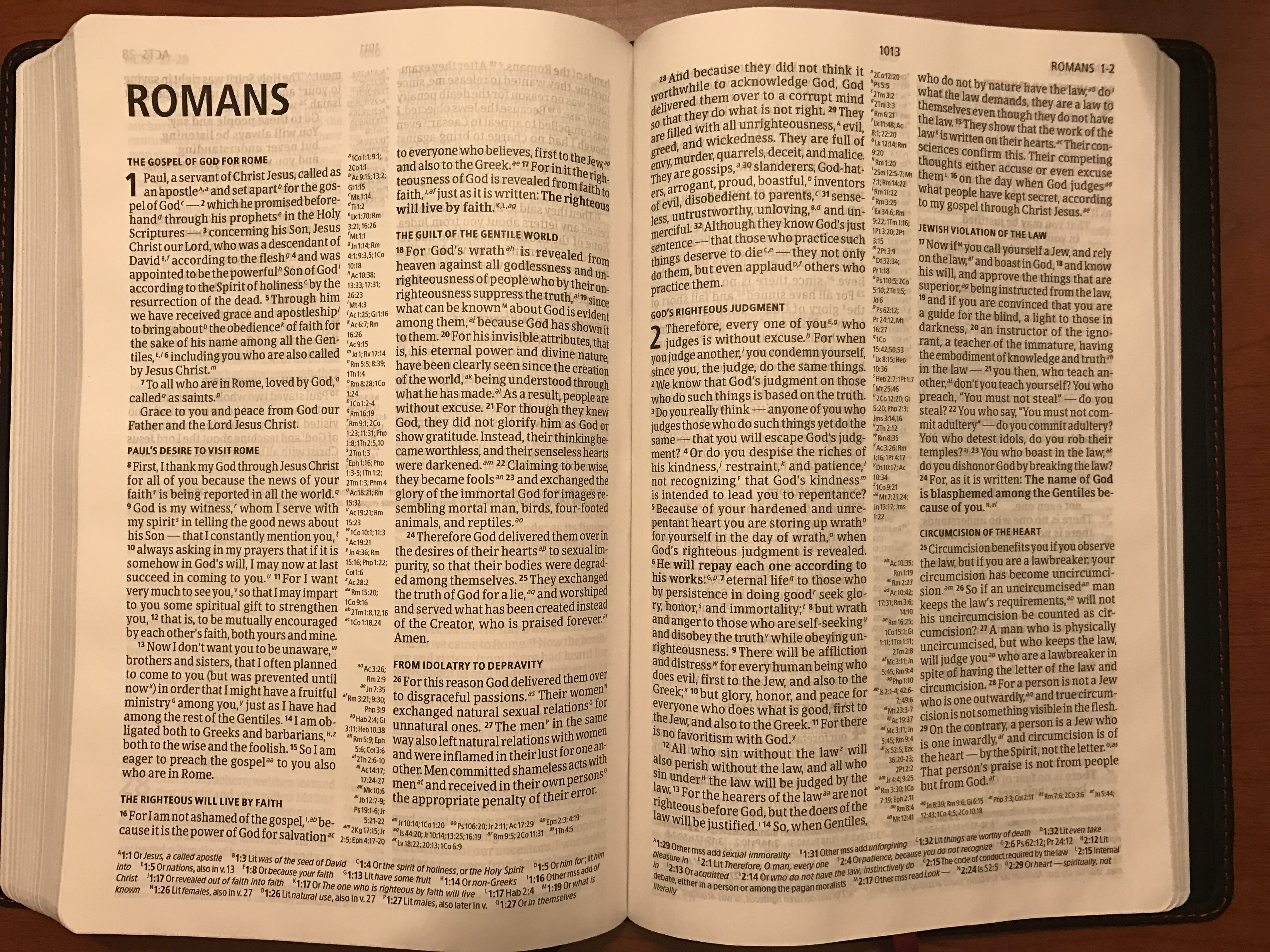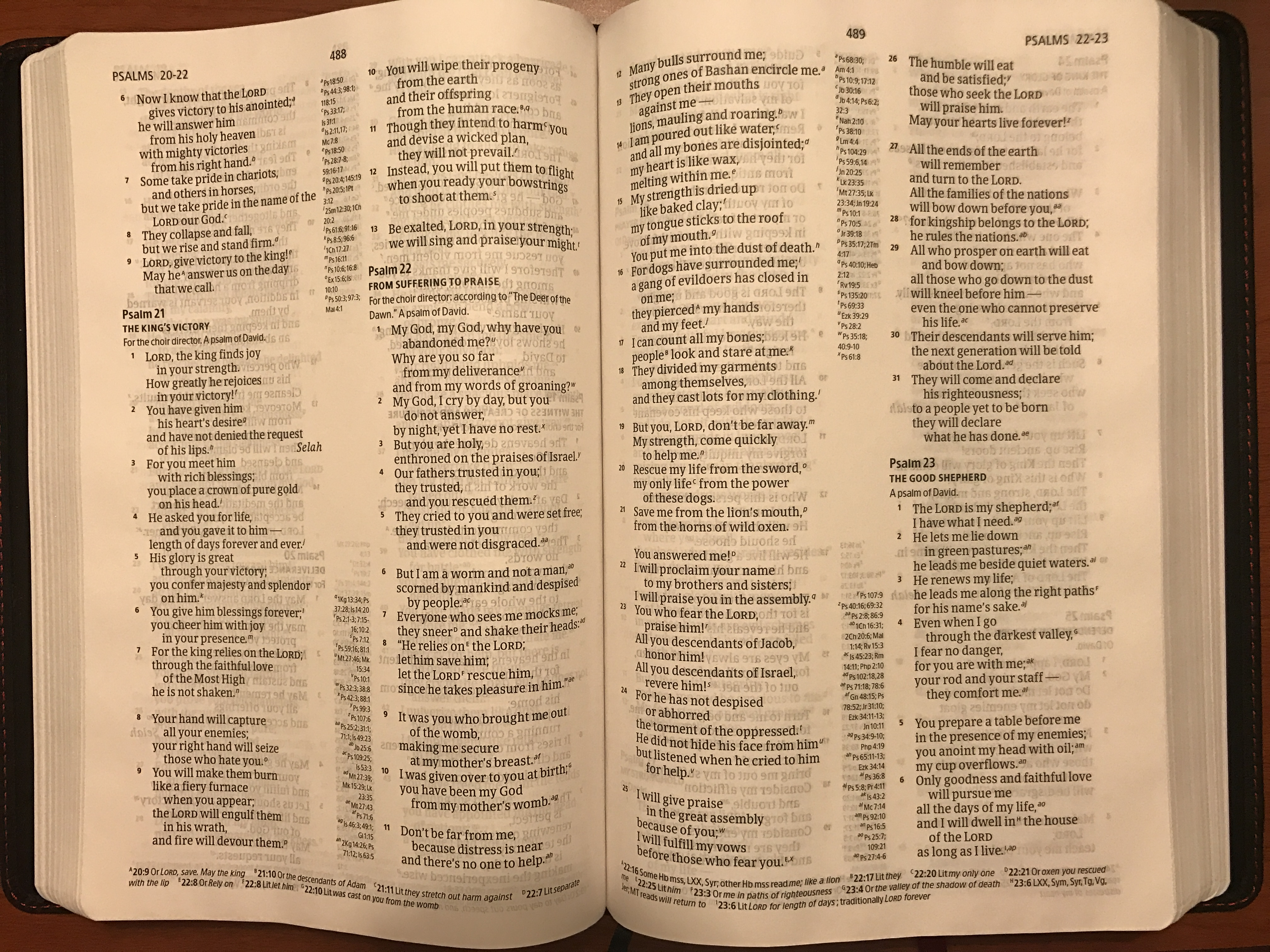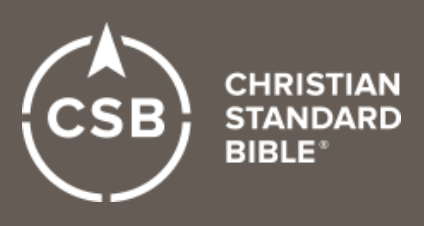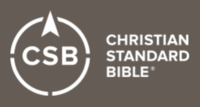 The Holman Christian Standard Bible (HCSB) has been my primary public use translation for most of the last decade. I teach from it every Sunday at church. My default workspace in Accordance features the HCSB in parallel with a combined Hebrew and Greek text. It's not perfect, and I always reserve the right to correct it (or any translation) on the fly, but--as I've explained elsewhere--I value it for its readability as well as willingness to break with traditional wording (such as in John 3:16) for sake of accuracy.
The Holman Christian Standard Bible (HCSB) has been my primary public use translation for most of the last decade. I teach from it every Sunday at church. My default workspace in Accordance features the HCSB in parallel with a combined Hebrew and Greek text. It's not perfect, and I always reserve the right to correct it (or any translation) on the fly, but--as I've explained elsewhere--I value it for its readability as well as willingness to break with traditional wording (such as in John 3:16) for sake of accuracy.
There's not been a whole lot of information released about the upcoming update to the HCSB other than the fact that Lifeway is dropping the "H" in favor of simply calling it the CSB, Christian Standard Bible. If memory serves, this was the original plan back in the early days when the late Arthur Farstad was still in charge of the project, but I could be mistaken.
As I've indicated, we don't know too much about the CSB, but I thought that I might use this space to lay out as much as we do know up to this point.
Official website
http://csbible.com and not-so-secure, retailer-only section of the website: http://csbible.com/?s=csb
Press release
http://www.bhpublishinggroup.com/press-release/bh-to-launch-christian-standard-bible-csb-version-in-2017
Launch date
Announcement in January 2017 with printed editions following in March. This allows stores to clear out print inventory of the HCSB over the Christmas buying season.
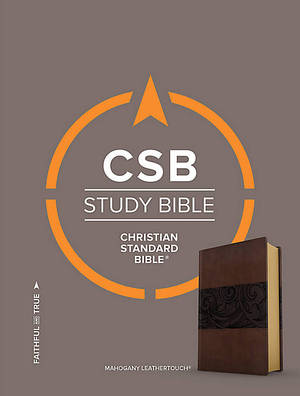 Forthcoming print editions
Forthcoming print editions
Nearly 100 coming from Lifeway with more from Baker in 2018. Besides multiple text editions, there is a new CSB Study Bible, Essential Teen Study Bible, evangelistic editions, and more than one edition aimed at children.
I'm surprised that I don't see a Minister's edition yet among the pre-pub listings. I teach from the current HCSB Minister's Bible at church.
Forthcoming Bible software editions
No word yet on electronic editions, but presumably the usual bunch: Accordance, Logos, OliveTree, and Wordearch. Lifeway owns WordSearch, so I'm sure they will have it, but I hope the CSB is licensed to other platforms, too.
Reason for dropping "Holman" from the name
Official reason:
"We are proud of the heritage of Holman Bible Publishers, which dates back to 1743, making us the oldest North American Bible publisher. While we are retaining that name for our publishing entity, the Holman name in the Bible translation name often created more questions than answers (who was Mr. Holman?). 'Christian Standard Bible' removes some of those questions and increases appeal to the broad audience that the CSB is designed to serve."
Probable reason: "Holman" is associated with Southern Baptists. Dropping "Holman" fits better with the diversity of translators who produced the H/CSB and will hopefully open the door for more greater use among a diverse representation of churches and denominations.
Reason for update
Official reason:
"We are committed to improving our translation based on advances in biblical scholarship, and input from Bible scholars, pastors, and readers. Taking all of these items into consideration, the CSB has improved on the HCSB’s faithfulness to the original text and clarity for a modern audience."
Translation method
As with the HCSB, Lifeway continues to use the designation Optimal Equivalence as a description of the CSB:
"In the many places throughout Scripture where a word-for-word rendering is clearly understandable, a literal translation is used. When a word-for-word rendering might obscure the meaning for a modern audience, a more dynamic translation is used."
This means it is a median translation (the best kind in my opinion) balancing between formal and dynamic equivalence. This is similar to the method used for the NIV, NET Bible, and many other modern translations.
Significant changes between the HCSB and CSB
Not publicly known yet. The only verse quoted on the official website is part of Revelation 22:6, which reads the same in both versions: “Then he said to me, ‘These words are faithful and true.’”
I would hope they choose to translate ἀδελφοί as the more accurate "brothers and sisters" when the context warrants it, and I hope they stick to their guns and keep שֵׁכָר and σίκερα correctly translated as "beer" in Lev 10:9; Num 6:3; 28:7; Deut 14:26; 29:6; Judg 13:4, 7, 14; 1 Sam 1:15; Prov 20:1; 31:4, 6; Isa 1:22; 5:11, 22; 24:9; 28:7; 29:9; 56:12; Mic 2:11; and Luke 1:15 as the HCSB does now. This still surprises me for a translation owned by a Baptist publishing firm, but I respect their commitment to accuracy.
Identity of translators
No one has publicly been named, but the translators have been described as "100 scholars from 17 denominations."
I will continue to post updates as I find out new information. If I have left anything significant out, please let me know in the comments.
Update on Tuesday, August 9, 2016 at 11:56AM by
 R. Mansfield
R. Mansfield
 Wednesday, December 7, 2016 at 1:38AM
Wednesday, December 7, 2016 at 1:38AM  R. Mansfield
R. Mansfield
 R. Mansfield
R. Mansfield
 R. Mansfield
R. Mansfield
 CSB in
CSB in  Faith & Reason
Faith & Reason 

